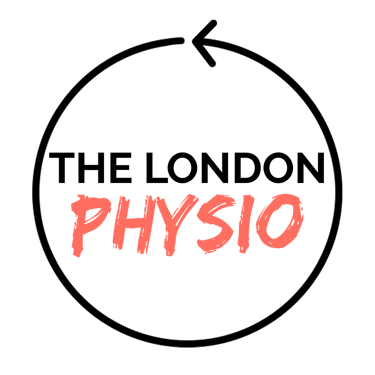The Importance of Nutrition for Recovery and Performance
Explore the vital role of nutrition in athlete recovery and performance in our latest blog post. Learn expert strategies to optimize your training regimen and achieve peak results.
3/29/20242 min read


Nutrition plays a pivotal role in athletic performance, recovery, and overall well-being. In this blog post, we'll explore the significance of proper nutrition for athletes, highlighting key nutrients, hydration strategies, and meal timing principles to optimize recovery and maximize performance.
Introduction:
Fueling your body with the right nutrients is essential for supporting athletic performance, enhancing recovery, and maintaining optimal health. From macronutrients like carbohydrates, proteins, and fats to micronutrients like vitamins and minerals, every aspect of your diet plays a crucial role in your athletic endeavours.
Fueling Performance:
Carbohydrates are the primary source of fuel for high-intensity exercise, providing readily available energy to power your workouts. Adequate carbohydrate intake ensures glycogen stores are replenished, sustaining endurance and preventing fatigue during prolonged activity.
Supporting Recovery:
Protein is essential for muscle repair and growth, making it a critical nutrient for post-exercise recovery. Consuming protein-rich foods or supplements after training sessions helps rebuild damaged muscle fibers, accelerate recovery, and promote muscle adaptation.
Hydration Strategies:
Proper hydration is vital for maintaining fluid balance, regulating body temperature, and supporting physiological functions during exercise. Athletes should drink fluids before, during, and after workouts to prevent dehydration and optimize performance. Electrolyte-rich beverages can also help replenish lost minerals during intense or prolonged exercise.
Nutrient Timing:
Timing your meals and snacks around training sessions is crucial for maximizing nutrient delivery and optimizing recovery. Consuming a balanced meal or snack containing carbohydrates and protein within the post-exercise recovery window (typically 30–60 minutes) helps initiate muscle repair and glycogen replenishment.
Micronutrient Considerations:
In addition to macronutrients, micronutrients like vitamins and minerals play essential roles in energy metabolism, immune function, and overall health. Athletes should prioritize a varied and nutrient-dense diet rich in fruits, vegetables, whole grains, lean proteins, and healthy fats to meet their micronutrient needs.
Conclusion:
Nutrition is the foundation of athletic performance and recovery, influencing every aspect of training and competition. By prioritizing proper fueling, hydration, and nutrient timing, athletes can optimize their performance, accelerate recovery, and achieve their full potential in their respective sports. Remember, investing in your nutrition is investing in your success on and off the field.
📅 Book A Virtual Consultation Today To Discuss Your Needs
Want a Home Visit Instead?
We now do home visits in London, Shropshire and surrounding areas! Leave your details in the form and we will get back to you within 48 hours.
Contacts & useful info
admin@thelondonphysio.co.uk
Subscribe to our newsletter
+44 (0)33 0133 4502






Careers
